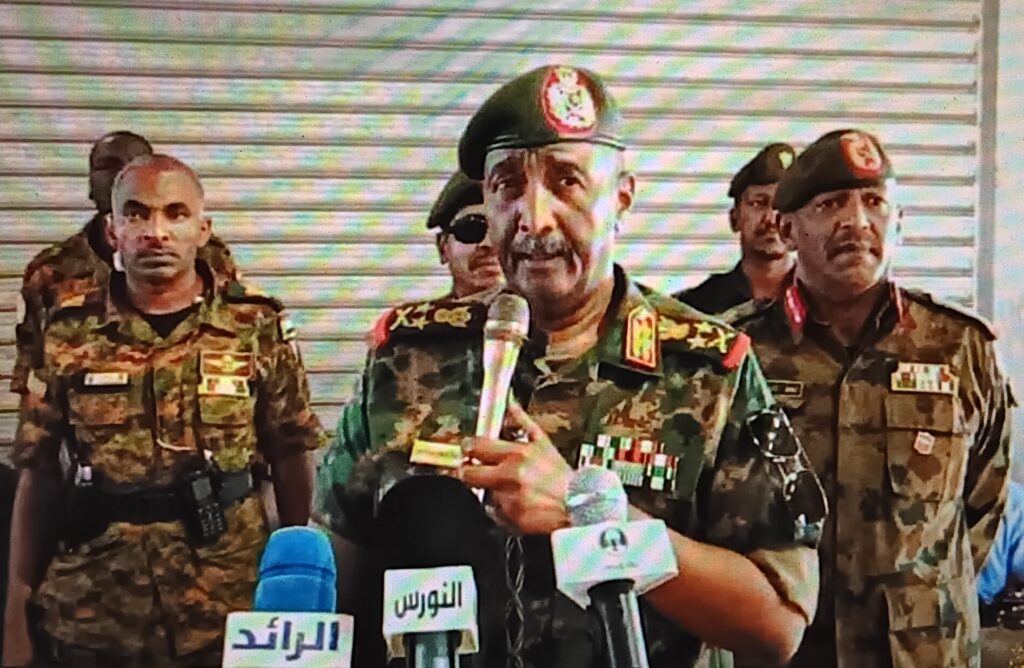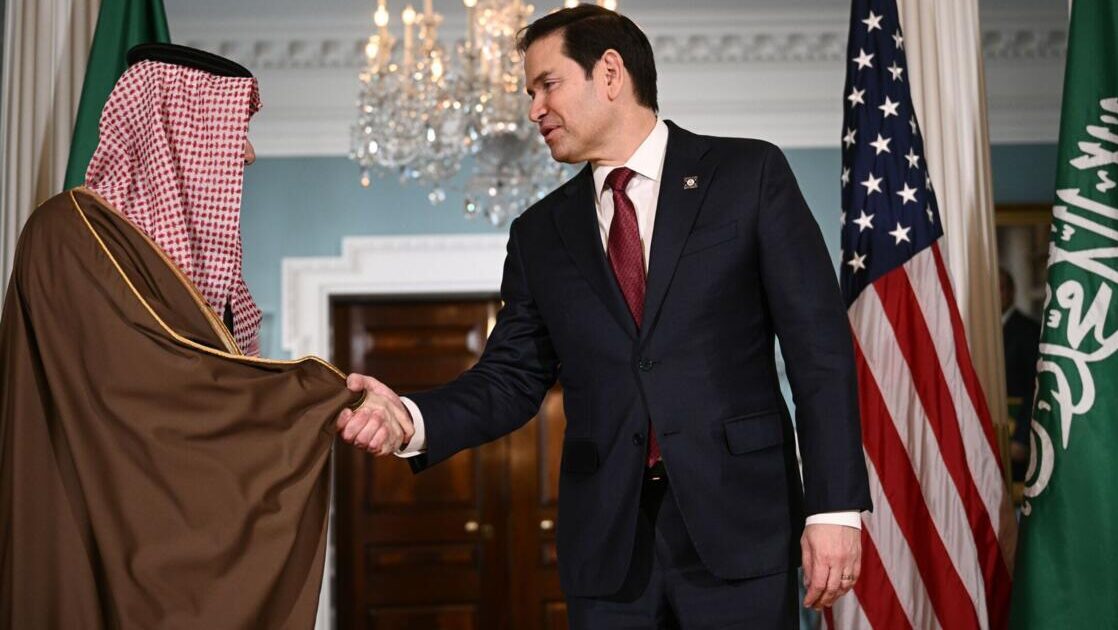US and Saudi Arabia Advocate for Resumption of Sudan Peace Talks
In a renewed diplomatic push, the United States and Saudi Arabia are calling for the resumption of peace negotiations in Sudan, nearly one year after the outbreak of a devastating conflict that has left the country in ruins. The proposed talks, expected to begin on April 18, 2025, in Jeddah, aim to bring together Sudan’s warring parties under a new framework that prioritizes inclusivity, accountability, and regional cooperation.
The decision to revive the peace process comes amid mounting pressure from international humanitarian organizations and world leaders to end the war that has created one of the worst humanitarian crises of the 21st century. Millions are displaced, essential services have collapsed, and the country teeters on the edge of famine and political fragmentation.
A Nation in Crisis: The Origins of the Sudan Conflict
The ongoing war in Sudan began on April 15, 2024, as tensions between rival military factions reached a breaking point. The Sudanese Armed Forces (SAF), under General Abdel Fattah al-Burhan, and the Rapid Support Forces (RSF), led by Mohamed Hamdan Dagalo (Hemedti), engaged in fierce clashes over control of key cities and military integration under a unified command.

What began as a political power struggle quickly spiraled into full-blown civil war. Major cities like Khartoum, Nyala, El Geneina, and El Fasher have suffered immense damage, with entire neighborhoods flattened and vital infrastructure—such as hospitals, roads, and water systems—completely destroyed.
The UN estimates that over 8.5 million people have been displaced inside and outside Sudan since the violence erupted. In addition to the tens of thousands who have lost their lives, millions more face starvation, disease, and violence, with basic resources such as food, medicine, and clean water in critically short supply.
A Troubled History of Mediation
In mid-to-late 2024, the United States and Saudi Arabia spearheaded efforts to negotiate a series of ceasefires under the so-called Jeddah Process. While these talks yielded temporary truces, they were repeatedly broken, often within hours or days.
Diplomats and analysts cited a lack of enforcement mechanisms, limited trust, and the absence of key stakeholders as reasons for the breakdown of talks. Negotiations were primarily limited to the military factions, excluding civilian representatives, grassroots groups, and regional actors with vested interests in Sudan’s stability.
As violence persisted and diplomatic channels stagnated, Sudan’s humanitarian crisis deepened, prompting the United Nations, the African Union, and various regional blocs to call for a broader and more strategic approach.
What’s Different This Time?
In 2025, the tone and structure of the proposed talks appear more inclusive and strategically timed. U.S. Special Envoy for Sudan Tom Perriello has emphasized that the new round of negotiations must be rooted in regional cooperation, drawing in countries and entities such as the African Union (AU), the Intergovernmental Authority on Development (IGAD), Egypt, and the United Arab Emirates (UAE).
“This is not just about stopping the shooting. It’s about building a roadmap for Sudan’s democratic transition, led by Sudanese voices,” Perriello stated during a recent press briefing. He added that the talks are purposefully scheduled after Ramadan and the April 15 donor conference in Paris, aiming to build diplomatic momentum and secure financial commitments to support post-conflict recovery.
There is also a growing push to ensure that Sudanese civilians—not just military leaders—have a seat at the table. Civil society groups, women’s organizations, tribal leaders, and representatives of displaced populations are expected to play a more significant role in this round of peace efforts.
Hardline Positions Could Derail Progress
Despite the diplomatic optimism, challenges loom large. Sudanese military leadership, especially figures within the SAF, have made it clear they are not ready to compromise with the RSF. General Yasir al-Atta, a senior SAF commander, recently declared that “there will be no negotiations with the RSF,” labeling them as insurgents.
This entrenched hostility raises concerns that either side may boycott the talks or sabotage them from within. The deep mistrust and trauma accumulated over months of brutal urban warfare—marked by mass killings, sexual violence, and ethnic cleansing—have made reconciliation extremely difficult.
Moreover, each faction has carved out its own zones of control within Sudan, setting up local administrations and checkpoints. Observers worry that this fragmented landscape could lay the groundwork for a long-term territorial split, similar to the breakup of South Sudan in 2011.
Humanitarian Catastrophe: A Global Responsibility
The United Nations reports that more than 25 million people in Sudan now require humanitarian assistance—the highest number ever recorded in the country’s history. Hunger, disease, and displacement are widespread, with the UN warning that parts of Sudan could face famine-level food insecurity by mid-2025 without urgent aid.
The crisis has also overwhelmed neighboring countries. Chad, South Sudan, Ethiopia, and the Central African Republic are struggling to accommodate a surge of Sudanese refugees, placing immense strain on already fragile systems.
During the recent Paris donor conference, over €2 million (approximately $2.2 million USD) was pledged to help meet emergency needs in Sudan. Though the figure falls short of the $4 billion requested by the UN, it marks a critical starting point.
Additionally, the United States announced $47 million in new humanitarian assistance, targeted at food relief, sanitation, and emergency medical services. This aid package will support both internally displaced Sudanese and refugee populations in bordering countries.
However, humanitarian organizations warn that access to aid corridors remains extremely limited, especially in conflict zones. Several relief convoys have been attacked or looted, and aid workers continue to face security threats, making it difficult to deliver supplies where they are most needed.
The Path Forward: Hope or Another Missed Opportunity?
With fresh international backing and more inclusive engagement, the upcoming Jeddah peace talks could offer Sudan a path out of war. But much will depend on the commitment of local actors to compromise and the ability of international players to hold them accountable.
Experts agree that sustainable peace in Sudan requires more than a ceasefire. The country must embark on institutional reforms, transitional justice, and the rebuilding of democratic institutions that were dismantled after the 2021 military coup.
There is also a growing call for the creation of a neutral transitional government, potentially under international oversight, to oversee disarmament and guide Sudan back toward civilian rule. Without a clear post-war governance plan, any ceasefire risks becoming temporary and unstable.
Conclusion
The international spotlight is once again on Sudan, as the US and Saudi Arabia rally diplomatic support for a new round of peace negotiations. With millions of lives at stake, this initiative presents both a critical opportunity and a formidable challenge.
If successful, the talks in Jeddah could pave the way for a lasting ceasefire, humanitarian access, and a renewed journey toward democracy. But failure to act decisively could condemn Sudan to prolonged violence and regional instability.
The world watches and waits. For the people of Sudan, the promise of peace remains distant—but not out of reach.
Do follow gulf magazine on Instagram
for more information click here



